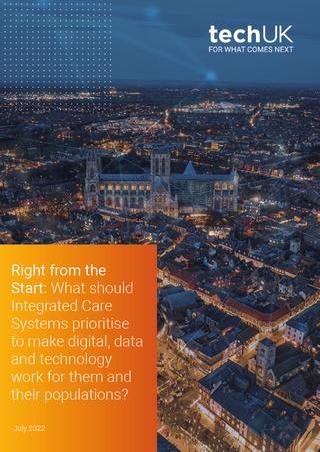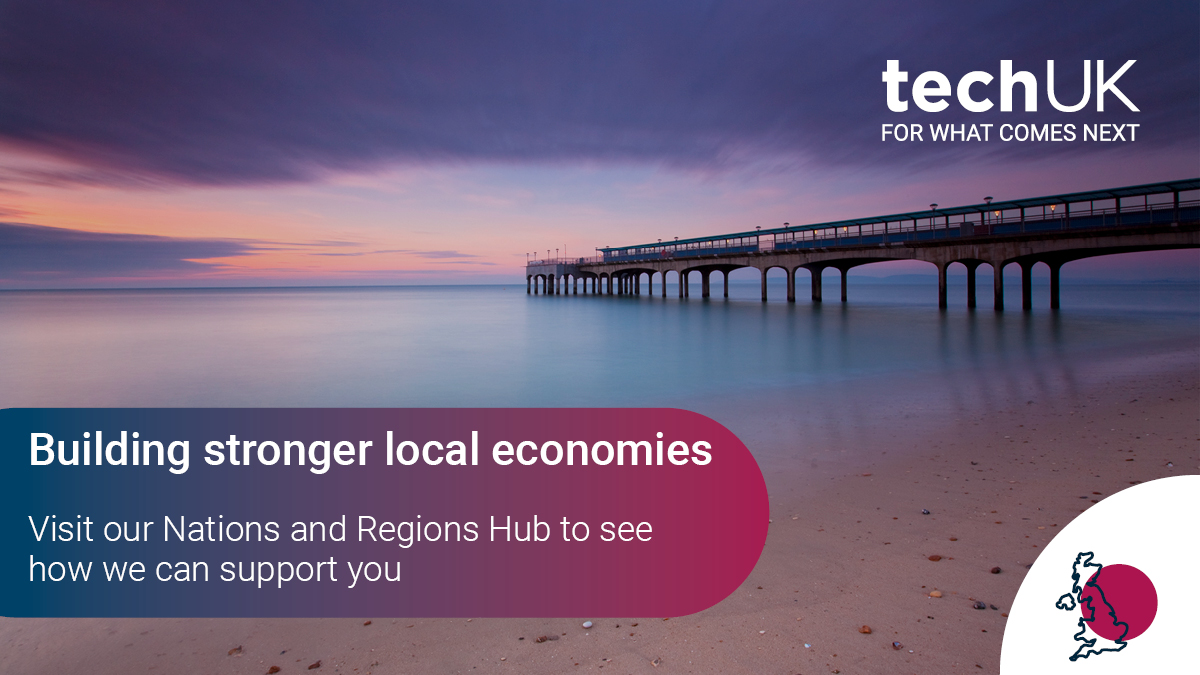Can place-based levelling up truly happen without digital inclusion? (Guest blog by Capita)
Our experiences of place are now hybrid, a mix of physical and digital experience – and space where those who lack digital skills are in danger of being excluded from participating.
We all want more for our local communities, the places where we live, work and play. And we want this to be fairly distributed across the UK, so that everyone can share in the benefits.
Across the country, where you live or work affects your entire world. Your place can have an impact on your prosperity, your prospects and your children’s futures.
Addressing the geographical disparities of this effect will be vital for the public sector as it looks to create the next generation of public services.
But how can levelling-up be truly achieved when there is still a large gap between those who are digitally included and those in our communities who are not?
Digital inclusion means that everyone has access to the devices, data and digital skills support they need to live well – and safely – in a digital world.
Digital inclusion spans:
- Internet access, including affordable data and suitable devices
- Everyday skills for life and work, such as online safety
- The confidence and motivation to go online and keep adapting
While progress has been made in many areas over the last three years, the Covid-19 pandemic laid bare the urgent need for even greater digital inclusion – to ensure people from all backgrounds have equitable access to the right devices, sufficient data and the skills they need to navigate a digital world.
Capita’s work with the Good Things Foundation has helped produce a roadmap for combined authorities which sets out the case for action and the commitment to support the development of a new model for digital inclusion at scale.
We’ve published a research report which highlights two key facts that stand out for combined authorities. First, the dial can shift. According to a measure used in Lloyds Bank’s UK Consumer Digital Index 2021, the Midlands and Yorkshire and the Humber made the greatest leaps in usage since 2020. Second, and significantly, more than two-thirds of people would improve their digital skills if they knew there was support available to help them if they needed it.
Research by Cebr in 2018 found an estimated benefit of almost £15 for every £1 invested in helping people acquire basic digital skills. The case for investment is economic, moral and inclusive: Combined authorities have an opportunity to take a strategic view across regional priorities, to look beyond adult skills to consider wider community benefit and to use digital inclusion to drive collaboration.
You can read the full report HERE
The techUK podcast: Innovation in place-based care
In this episode we explore the concept of ‘place’ in care, the principles behind it, the impact of Covid-19 on care delivery, prospects for innovation following the introduction of Integrated Care Systems, examples of industry best practice, and where listeners can go to learn more about ‘place’ and innovation in care.
We were joined by Helena Zaum (Social Care Lead at Microsoft and Chair of techUK’s Social Care Working Group), Scott Cain (Associate at the Connected Places Catapult) and Hannah Groombridge (Healthcare Engagement Manager at Person Centred Software).
This discussion forms part of techUK’s Digital Place Week 2022 activity and features on our recently-launched Social Care Innovation Hub.

Read techUK's latest flagship report, released on Thursday's 'Health and Wellbeing' day:
Right from the start: What should Integrated Care Systems prioritise to make digital, data and technology work for them and their populations?
techUK – Building Stronger Local Economies
techUK champions the tech sector throughout the UK. We work with local authorities, devolved government, and local and national policy makers to advocate for the tech sector in strengthening economic growth and resilience. We provide opportunities for our members and local stakeholders to meet, build relationships, and collaborate to drive forward local projects. For more information or to get in touch, please visit our Nations and Regions Hub and click 'contact us'.


